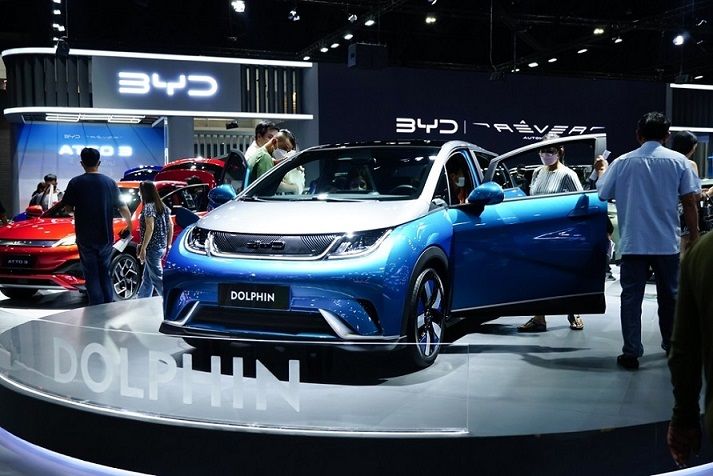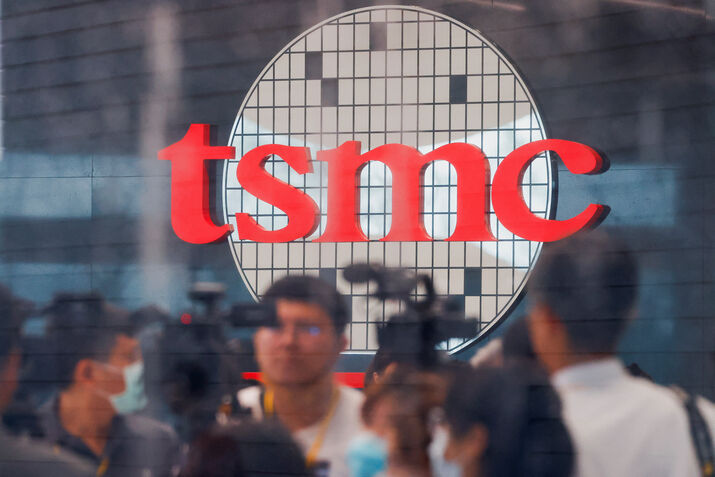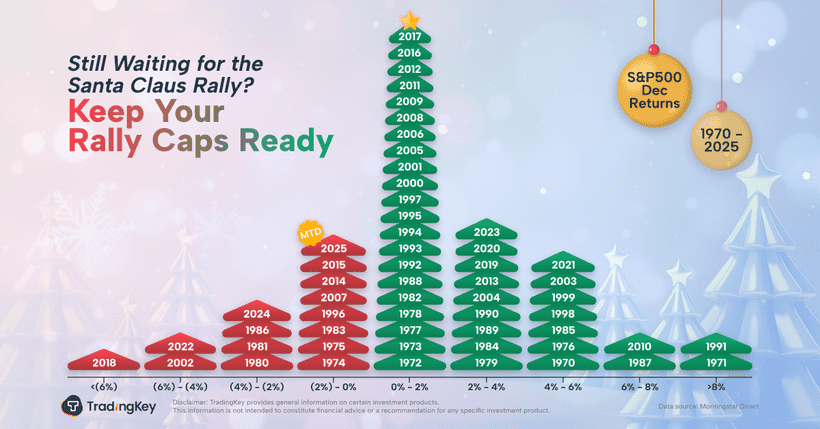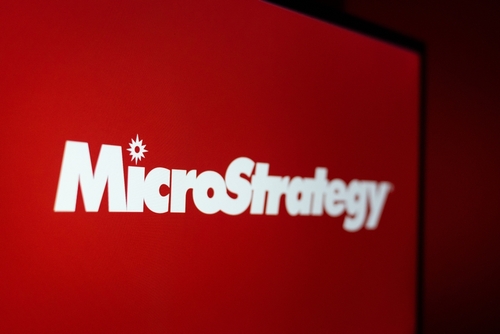Chinese EV maker BYD’s quarterly revenue outperforms Tesla for the first time

Chinese EV manufacturer BYD released its revenue report for Q3 2024 to beat out Tesla. This is the first time it has achieved this feat in a competitive EV market.
BYD reported revenue of 201.1 billion yuan (about $28.2 billion), which was significantly more than Tesla’s $25.2 billion.
It’s the first time the Beijing-based EV producer is recording such numbers compared to its American rival. Ironically, the milestone comes at a time when the EV market is on a downtrend in mainland China.
While BYD outperformed Tesla in revenue, Tesla maintains its lead in profitability. Tesla’s higher net income may be attributed to its focus on EVs and operational efficiencies.
The American EV company recorded a net profit of $2.18 billion between July and September, up 16.2% from a year ago. Meanwhile, its Chinese counterpart, BYD, saw a profit increase of 11.5% in the same period to 11.6 billion yuan.
Tesla also remains on top in year-to-date sales with $71.98 billion, slightly edging out BYD’s estimated $70.53 billion total revenue.
At least half of BYD’s sales are hybrid vehicles, whereas Tesla’s vehicles are battery-only. The Model Y maintained its position as the best-selling battery-powered electric car in China in September, with BYD’s Seagull trailing closely behind in second place.
BYD threatens Tesla’s EV dominance
Most of BYD’s recent growth was inspired by the strong domestic demand the company enjoys in China. The diversity of its products, which includes both all-electric vehicles and hybrids, adds to the company’s appeal.
The hybrid segment is somewhat less susceptible to the recent global EV downtrend, which may have favored BYD, as it leveraged its appeal to a broader consumer base into higher sales volumes.
BYD’s success is also supported by its cost advantages via vertical integration. This allows the company to manufacture a large percentage of its components in-house, saving production costs and enhancing its price competitiveness.
Furthermore, the Chinese government supports BYD by providing incentives for electric and hybrid vehicles in China. This has bolstered domestic sales while insulating the Chinese company from international pressures like recent European tariffs on Chinese EVs.
New EU tariffs on Chinese EVs, hiked up to 45.3%, are expected to challenge both companies. The extra tariffs range from 7.8% for Tesla to 35.3% for SAIC Motors, which will compound a 10% standard import duty on electric vehicles.
The imposed tariffs were reduced from an earlier proposal, but both companies have been working on boosting production in Europe to get around these duties.
Earlier in October, Tesla received the go-ahead to double the capacity of its Berlin plant. On the other hand, BYD announced plans to set up shop in Hungary last year. In July, the Chinese automaker revealed plans to invest $1 billion into a plant in Turkey, which has a customs union with the EU.
Tesla’s China-made EV sales suffered in October
Q3 2024 saw BYD beat Tesla for the first time in revenue despite Tesla outselling it in EV shipments last quarter. October, the first month of the last quarter of the year, was not so great for the American-based company either.
Tesla sold just over 68,000 China-made electric vehicles in October, marking a 5.3% decrease year-on-year, with a significant 22.7% drop in deliveries from the previous month. Meanwhile, BYD saw record monthly sales of 500,526 units, a 66.2% year-on-year increase.
The decline in Tesla’s sales comes amid increasing competition in the Chinese EV market, particularly from local manufacturers like BYD, which are rapidly expanding their offerings.
In a bid to attract more buyers, Tesla has extended its zero-interest financing scheme for certain Model 3 and Model Y vehicles in China until the end of November. The scheme was originally introduced in July.
Will that be enough to give Tesla that edge against BYD on its own home turf? Analysts are doubtful. But hey, it’s business, stranger things have happened.








